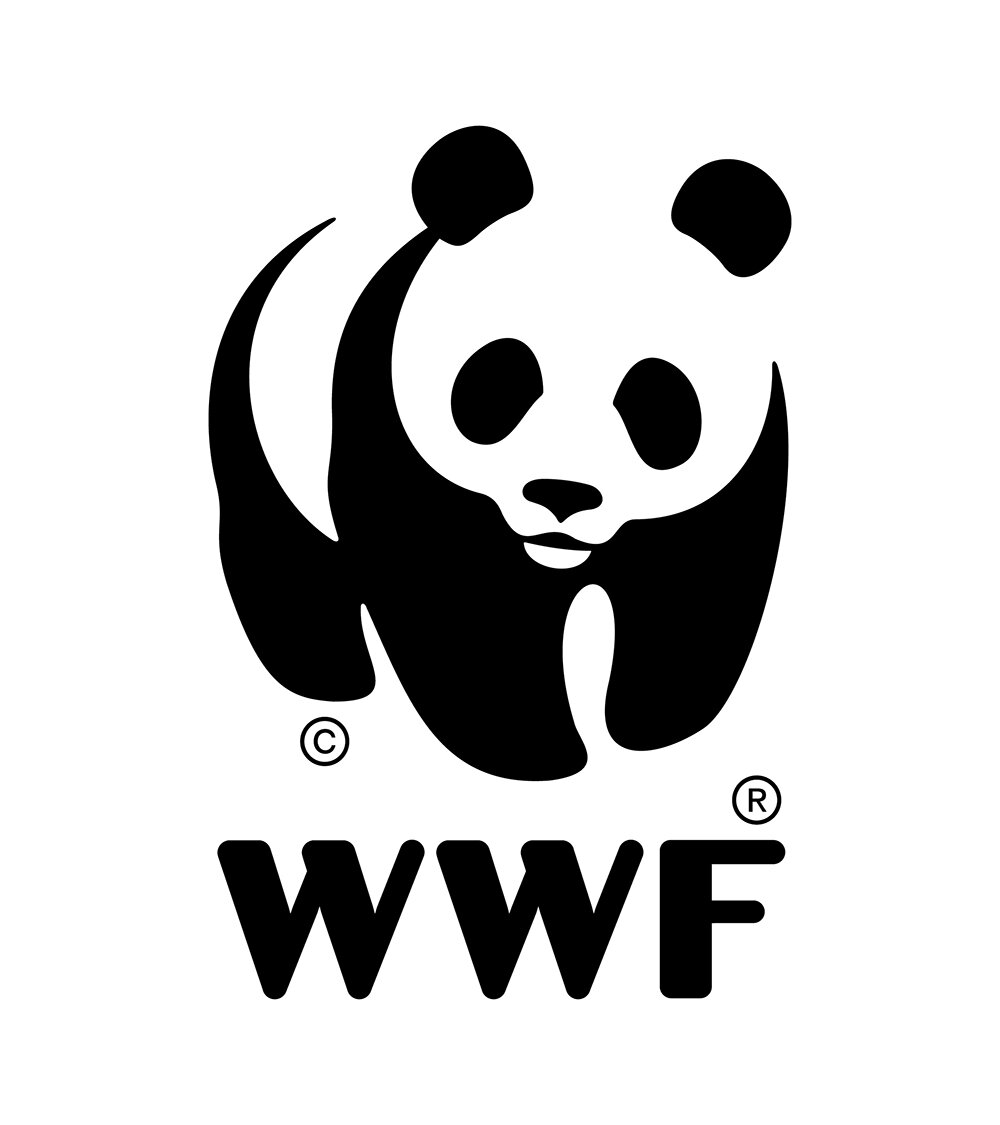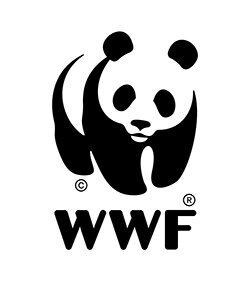Agreement signed to protect cetaceans from growing risks of ship strikes and underwater noise pollution in northern Patagonia, coastal Chile
© WWF / Rodrigo Hucke
A new alliance commencing with voluntary measures is a significant first to improve the conservation of whales with benefits to other marine life and coastal communities
Every day, high numbers of shipping vessels descend upon blue whale feeding grounds in northern Patagonia, off the coast of Chile, endangering whales and other marine wildlife throughout the region. The Patagonia area, in southern Chile, plays host to numerous cetaceans, including migratory whales. To protect the region's cetaceans, WWF Chile, along with the Ministry of Environment, the Chilean Navy, the National Fisheries Service, the undersecretary of fisheries, Armasur and Intesal, signed a voluntary agreement to implement a navigation speed reduction area to reduce the impact of maritime traffic and underwater noise.
The agreement establishes 10 knots as the maximum navigation speed between January and April, the time of year with the highest number of whales in the region.
“The main threats facing whales in northern Patagonia are ship strikes resulting in death, underwater noise, which causes health problems, and habitat destruction. All these impacts place this area in jeopardy, which is otherwise a crucial feeding ground for many species of cetaceans," says Yacqueline Montecinos, Marine Biodiversity and Ocean Policy Coordinator for WWF Chile.
© WWF Chile - Agreement to implement protection measures for southern cetaceans
© WWF Chile - Yacqueline Montecinos - Cetacean Table in Puerto Montt
“Protecting whales is critical, considering their important role in fertilizing our oceans. Whales cycle important nutrients throughout our oceans by diving underwater to feed and returning to the surface to breathe and defecate. There is also growing scientific evidence indicating that whales play a significant role in capturing carbon from the atmosphere and regulating the global climate,” adds Yacqueline. “This makes them vitally important against climate change.”
The Director of WWF Chile, Ricardo Bosshard, also highlighted the signing of the agreement. “Those who use this region have a responsibility to protect these cetaceans. We hope that this agreement, accompanied by concrete measures, will effectively reduce the threat of maritime traffic in the area,” he says.
“This agreement is an exciting first step to connect and protect whale blue corridors of the Eastern Pacific. Every step that national governments and alliances like this can take, adds up over time to improving how we safeguard whales whose range spans multiple national and international waters. We have to tackle these threats creatively and collaboratively. It’s exciting to see how this new alliance can build off this significant agreement and make a positive difference over time,” says Chris Johnson, Global Lead, WWF Protecting Whales and Dolphins Initiative.




